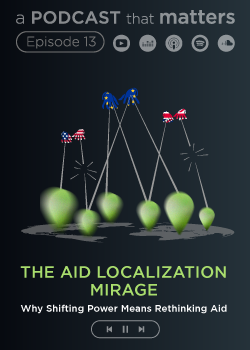Print

Behavioural Replication of Human Drivers for CCAM: BERTHA
Details
Locations:Austria, France, Germany, Portugal, South Korea, Spain
Start Date:Nov 1, 2023
End Date:Oct 31, 2026
Contract value: EUR 7,981,800
Sectors: Information & Communication Technology, Research, Vehicles
Description
Programme(s):
HORIZON.2.5 - Climate, Energy and Mobility
HORIZON.2.5.7 - Clean, Safe and Accessible Transport and Mobility
HORIZON.2.5.8 - Smart Mobility
Topic(s): HORIZON-CL5-2022-D6-01-03 - Human behavioural model to assess the performance of CCAM solutions compared to human driven vehicles (CCAM Partnership)
Call for proposal: HORIZON-CL5-2022-D6-01
Funding Scheme: HORIZON-RIA - HORIZON Research and Innovation Actions
Grant agreement ID: 101076360
Objective:
Europe must seize the opportunities presented by connected, cooperative, and automated mobility (CCAM). For its deployment, powerful tools enabling the design and analysis of CCAM components, digitally and with a common language between TIERs an OEMs are needed. The lack of a validated - and scientifically based - Driver Behavioural Model (DBM) to cover the aspects of human driving performance is one of the main shortcomings of CCAM development. It allows to understand and test the interaction of CCAM with other cars in a safer and predictable way from a human perspective. DBM is the cornerstone for the development of CCAM components. It will guarantee its digital validation and, if incorporated in the ECUs software, will generate a more human-like response of autonomous vehicles (at any level) and increase its acceptance. The main objective of BERTHA is to develop a scalable and probabilistic DBM based mostly on Bayesian Belief Network (BBN). The DBM will be implemented on an open-source, HUB (repository) to validate technological and practical feasibility of the solution with industry and become a unique approach for the model worldwide scalability. The resulting DBM will be translated into a simulating platform, CARLA, using diverse demos which allows building new driving models in the platform. BERTHA will also include a methodology which, due to the HUB, will share the model to the scientific community to ease its growth. The project includes a set of interrelated demonstrators to show this DBM approach as a reference to design human-like, easily predictable and acceptable behaviour of automated driving functions in mixed traffic scenarios. BERTHA is expected to go from a TRL 2 a TRL 4. The requested EU contribution is €7,981,801. The consortium, 14 entities from 6 countries, including South Korea, deem this Project as vitally relevant to the CCAM industry due to its impact for safer and more human-like CAVs and its market and societal adoption.

